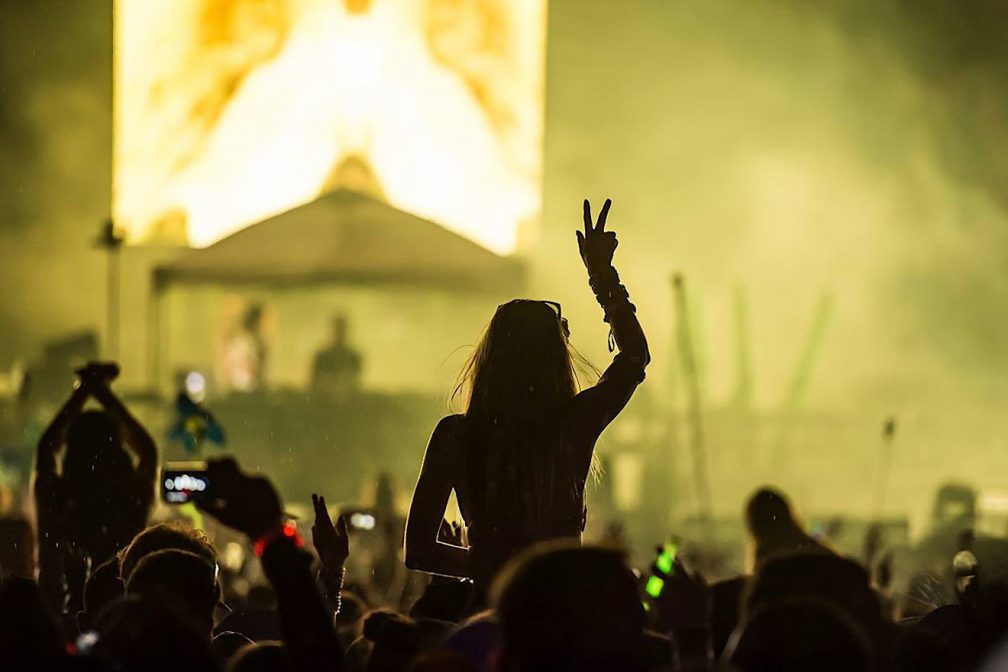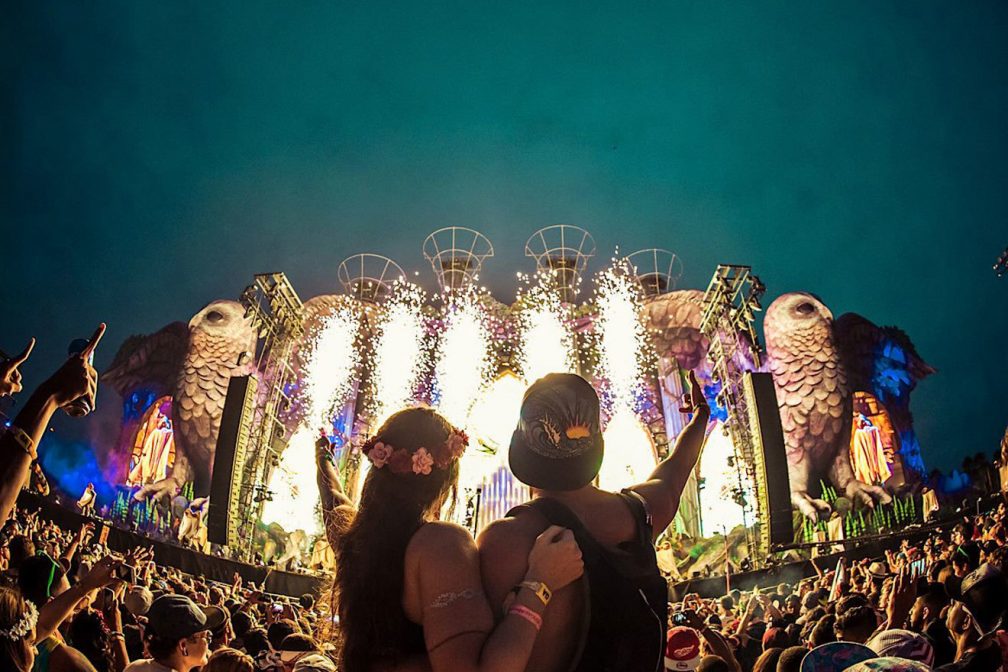 Features
Features
Banning raves in California won't save lives
But empowering promoters to educate ravers just might

DanceSafe is perhaps the most well known of these groups. Founded by activist Emanuel Sferios in 1998, they were the first in the United States to introduce the Dutch method of on-site testing to raves and festivals. Over the years their focus has expanded beyond drug testing and education, and their friendly on-site stations now distribute all materials needed for a responsible rinse: earplugs, sunscreen, condoms, free water, electrolytes and welcoming vibes.
But they feel that the dance music community needs to stand united against the current approach and demand alternatives if we hope to continue.
"It's important that we as an industry rally around ideas of harm reduction," notes Wooldridge, "because if everyone is on the same page then no one has to be fearful of prosecution. We need to come up with industry wide standards on how we manage drug use."
As it stands the major festivals are doing everything they can to stop further tragedies from occurring. Most of these events boast an emergency response time of under five minutes (a level of comparative safety you scarcely expect anywhere else in the world), free water stations, air-conditioned chill-out zones, extremely comprehensive security searches, and an army of medical staff well-versed in the dangers of drug overdose procedure.
If HARD and other massive festivals like it could feel supported by the state and the local authorities to openly provide concise and honest information about drugs, and to offer on-site testing to help eliminate the deadly adulterate substances like PMA and PMMA, they could start to change the culture of excess and ignorance at a grassroots level.
So when you consider the media outcry every time someone dies at one of these events, you feel for the promoters. They know that educating their audience about the dangers of drugs would be tremendously beneficial in changing a culture of reckless use, but they run the risk of being shut down, losing their insurance or chased out of the venues by communities terrified of rampant drug orgies.
Of course, whatever promoters and the industry are able or willing to do, we have to take responsibility for our own safety too. No one is invincible and that even pure MDMA is not "safe". No amount of purity testing and hydration can compensate for being excessive or reckless. A lack of respect for the danger of these substances will continue to exist if we don't first engage in open conversation. But until that happens, it's our responsibility not to be negligent of the facts if we're going to indulge.
Quite simply, regardless of how many security measures you put in place people will still find a way to take drugs, and if you don't allow the festivals that attract a young audience to introduce educational measures then we have reached the limit of what can be done to ensure safety. The idea that banning raves will somehow stop people taking drugs goes against thousands of years of human history and is particularly absurd in a country with a huge underground prescription medicine misuse problem and endemic large scale use of highly addictive illegal drugs like methamphetamine. Anyone unwilling to entertain the notion that harm reduction is more beneficial than prohibition is implicitly accepting more young lives cut needlessly short through reckless drug use.
"Banning these events at facilities where we are able to provide first-rate medical care and emergency services is not the answer," noted Rotella in an official statement on Tuesday in response to the proposed ban of raves in LA County. "I hope that policymakers and the media do not turn their backs on a cultural movement that is thriving and brings so much happiness to a generation that, quite frankly, needs an environment where they can feel loved and accepted. Most just want healthy interaction with their peers. I know that if I didn't have access to this community growing up, my life would have taken a much different turn."
So rather than silently oppose the attempt to ban these vital cultural events in Southern California, we need to band together as a scene and an industry to push for a progressive dialogue about making our parties safer. Dance music's future in America could depend on it. And so could lives.
Go here to sign a petition to push for an amendment to the R.A.V.E. act. Find out more about The Loop and DanceSafe



